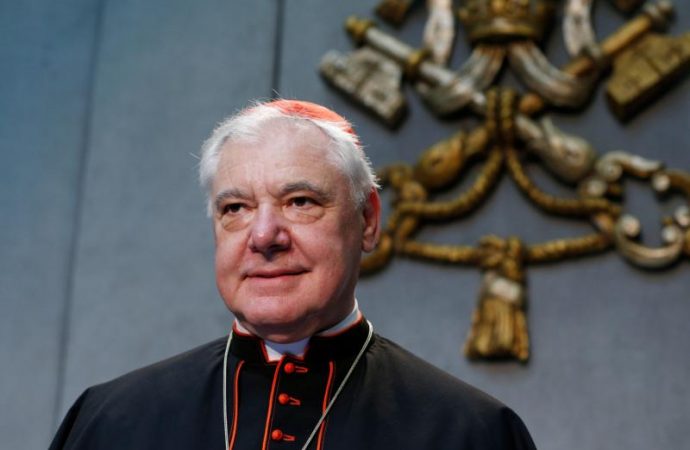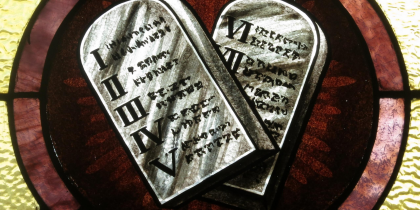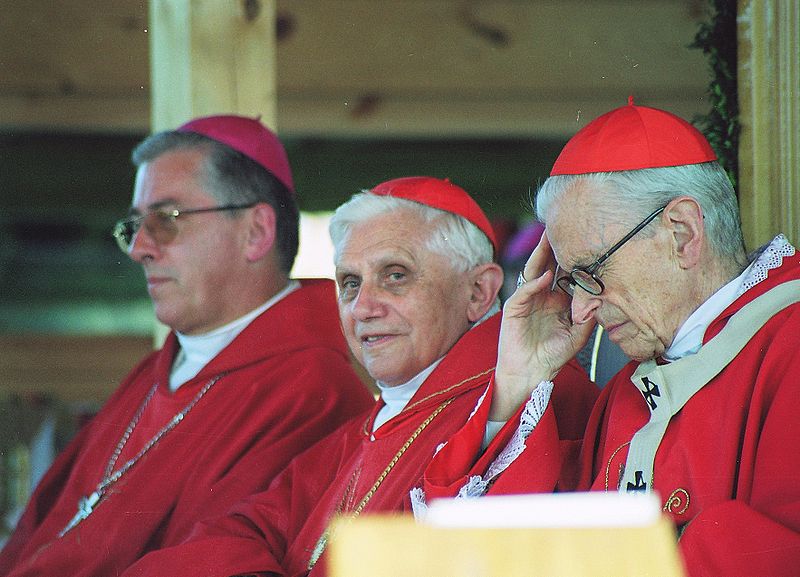As the net neutrality debate heats up, let’s look at some nuances that are important for a moral analysis. I did on Aleteia this week.
The binary view in American politics can often lead us to believe there are only two possible options. Nuances and third ways are often missed, and that’s what is happening in the case of net neutrality.
As a priest who uses the internet more than most, I want to provide a very brief overview of what net neutrality is, and then put forth two nuanced ideas that need to become part of the discussion.
The basic idea of net neutrality is to treat consumer internet service as a utility: to treat your ISP (internet service provider such as Verizon or Comcast) like your phone and electricity provider. The binary options usually presented are either: (a) regulations to insure they must treat all internet data the same and have price controls, or (b) an essentially unregulated market.
Both sides in the debate seem concerned with what content companies can prioritize, but with differing emphasis. Net neutrality, as currently presented, would require all internet traffic to be treated equally. I think most of us understand the problem with Comcast prioritizing content from NBC – which it owns – while minimizing content from competitors. This would also extend to political opinions: imagine if an ISP decided articles on Catholic teaching were bad for its bottom line and started blocking sites that promoted it?









